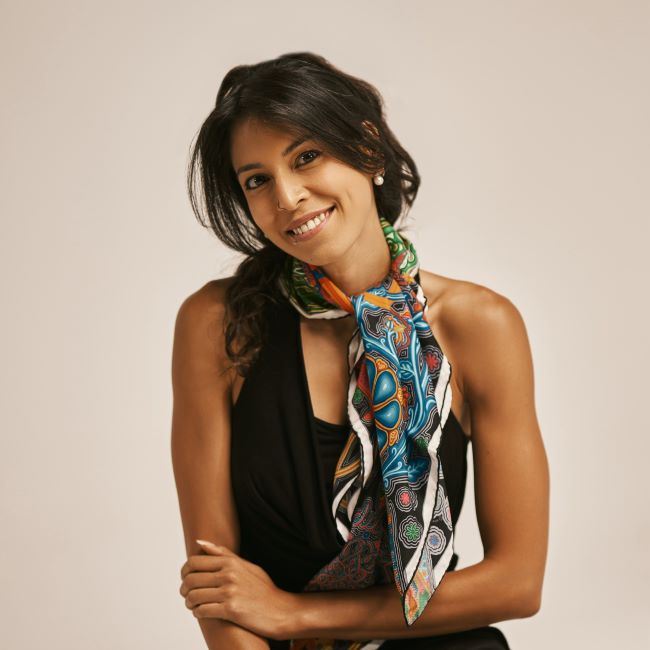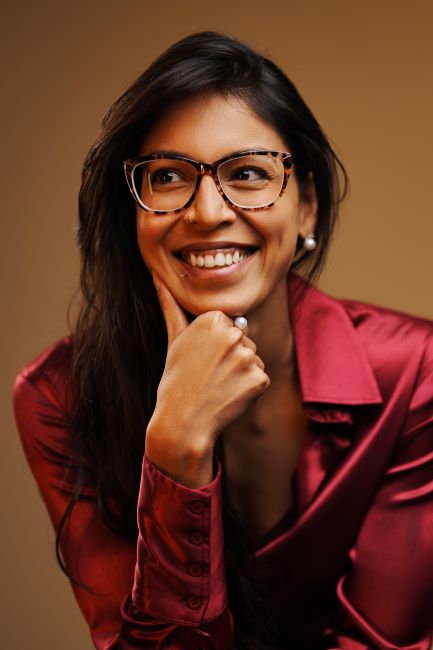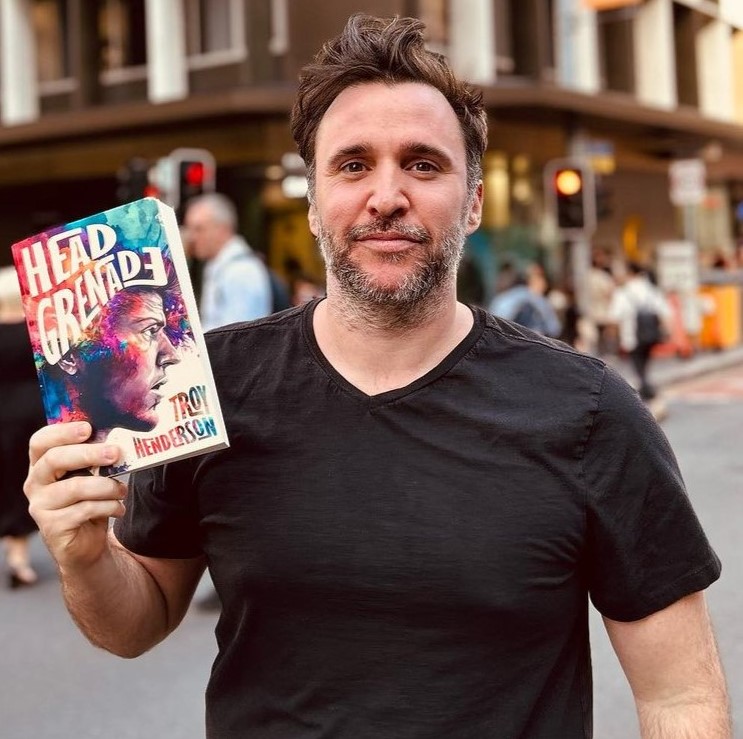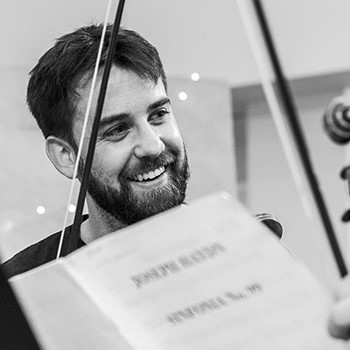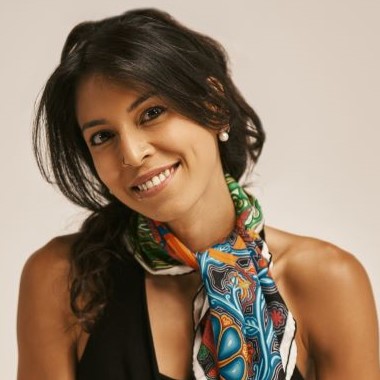
Dr. Amirah Shah
Counsellor & Psychotherapist
Brisbane, Australia
‘I was not outwardly rebellious,’ Amirah admits about recollections of her childhood, raised in Singapore.
A gift of childhood is the freedom to dream, to wonder, to suppose. To play make-believe, to shape your world, to inhabit, and people it. Separate, protected and innocent of adult values, obligations, and limitations it is entirely yours alone. But over a passage of time dreams, like life, change.
‘I was told in my early teens how my life would be bound as it was by our religion, and the cultural values that come with it,’ explains Amirah. ‘My father was the undisputed head of the household, what he said was uncontested, it was law.
‘Financial security, religious observance and marriage were key for him. Compliance was expected along with cultural values of social hierarchy and filial piety.
‘He did not want me to work in hospitality even though I initially wanted to as it was second nature and I had already had informal training through him. He did not think it was a good environment for a woman to be exposed to for moral reasons, and also the long hours.’
 This did not align with Amirah’s interior life, one she had been planning as her own since childhood, where dreams for herself were vastly different to what was familiarly presented. Her parents were not against what she wanted to pursue in general, aside from hospitality, they valued a stable job, a marriage for security and happiness.
This did not align with Amirah’s interior life, one she had been planning as her own since childhood, where dreams for herself were vastly different to what was familiarly presented. Her parents were not against what she wanted to pursue in general, aside from hospitality, they valued a stable job, a marriage for security and happiness.
‘Hearing it in his terms was at odds with what I had in store for myself.
‘The limited opportunities meant pushing boundaries prescribed for me. A new school in Singapore changed how I had been told my life would unfold. I found clarity of purpose, to not be defined by class, colour, or culture.’
During this time two deaths, her mother, and a close personal friend’s made little sense leaving expanses of unanswered questions.
Amirah changed her dreams into questions of possibility. She voraciously read philosophy from the ancients to modern theorists, and with that cast her determined eye further afield to broaden her education, which ultimately brought her to Australia attaining her PhD.
Her thesis, Bereavement, Meaning Making and Transcultural Support: Muslims in Southeast Queensland paved the way into her own practice as counsellor specialising in grief, and trauma.
In an ironic twist, this interview with Amirah is interrupted by news from Singapore. Woken in the middle of the night rousing her from sleep she took a call, the message clear.
‘Get home quick as possible,’ Amirah recalls with calm and poise. ‘Your father is dead.’
‘As educated, well trained, and practised as I am, there is nothing that prepares you for that call. In retrospect it is not unsurprising as he had developing heart health problems. Religious laws meant his funeral was within 24-hours. If I was to make it I would have to leave on the first flight out of Brisbane. The timing played to my advantage with international time zones. I made it, walking into a firestorm that took six weeks to resolve.’
Sharia law calls for burial of the body as soon as possible, preceded by a simple ritual involving bathing and shrouding the body, followed by Salat al-jinazah, the funeral prayer. Muslims often bury people the day after they’ve died, at the very most within 3 days of death.
‘The uncles, my father’s brothers, had taken charge,’ Amirah’s eyes and voice reveal her hurt.
‘After much negotiation with the uncles I managed to hold the final ritual of bathing, shrouding, and prayer in time to be there.
‘My relationship with my father, though fractious at times, was not outright acrimonious. As my sisters and I are his last immediate family members I thought we’d be accorded personal time for farewell.
‘Afterwards we were moved aside, of no consequence, expected to do the bidding of the uncles without question. In effect, three modern capable women took six weeks of haggling with a battery of ineffectual uncles to complete the simplest of legal procedures to finalise my father’s death.’
Amirah returned, and the interview continues fueled by copious cups of exotic teas brought back from Singapore. We resumed at the point of discussing the multiplicity, the big T and small t, of understanding trauma.
‘Firstly, trauma and grief are subjective, not the same for everyone, not the same cause, not the same reaction, not the same in how it manifests or is lived in each human experience,’ Amirah outlines the parameters.
‘But it is lived, and it is real. Clearly people are impacted to the point of barely manageable despair. This is the point where I meet them. That they have made their way this far is their first significant step towards understanding, accepting, forgiving, stepping-past, and moving into recovery, stepping-forward, and re-building.
‘My experience working with trauma encompasses various human landscapes such as human displacement, torture, sexual abuse, end-of-life care, disabilities, intergenerational trauma, medical, correctional and institutionalisation trauma, racism, neurodivergence, domestic violence, and traumatic grief.’
Amirah holds valued services for those who are looking for shared language, beliefs (religion), and culture outside the dominant Western ways of where they live.
‘Though I was educated and trained in Western culture I do not see through Western eyes and sensibilities, giving me a place for many of the non-Western immigrants to feel safe settling in Australia.’
In answer to my final question, ‘Has the recent death of your father made any difference to your professional counselling?’ Amirah took some time to consider.
‘I am calmer, I am more still and silent, and I listen more deeply.’
For further information visit: https://www.aroad2recovery.com/
Facebook: https://www.facebook.com/roadtorecovery0/
Instagram: https://www.instagram.com/aroad2recovery/



